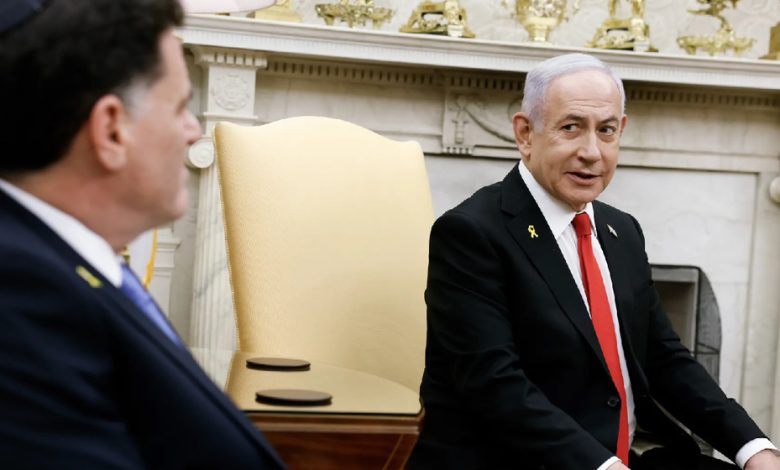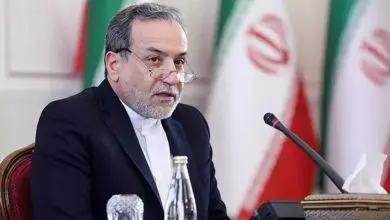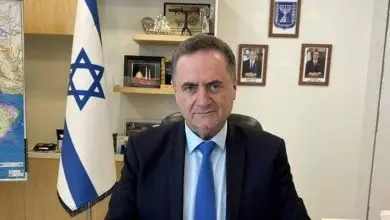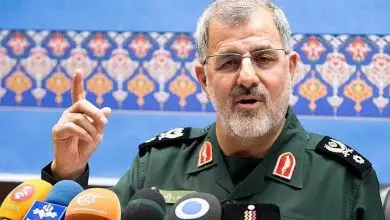Zionist regime expresses frustration with the US administration following revelations of clandestine discussions with Hamas
A recent report has disclosed that clandestine negotiations between the administration of former President Donald Trump and Hamas have sparked a contentious exchange between Israel's senior officials and the United States envoy.

On Friday, the American news outlet Axios disclosed that a tense phone conversation occurred between Ron Dermer, a close adviser to Israeli Prime Minister Benjamin Netanyahu, and Adam Boehler. Boehler, who is spearheading discussions with Hamas in Doha, Qatar, faced significant pushback from Dermer, who voiced vehement objections to the clandestine negotiations.
Several hours following a meeting in Doha between Boehler and Khalil al-Hayya, the deputy leader of the Palestinian resistance organization Hamas and head of its negotiation team, a phone call took place.
Negotiations led by Boehler commenced in the Qatari capital the preceding week, initiating with discussions involving lower-ranking Hamas representatives.
Discussions primarily focused on the repatriation of Edan Alexander, a 21-year-old American citizen held captive in Gaza, alongside efforts to recover the remains of four deceased American captives. This initiative falls under the responsibilities of Boehler, who is serving as an envoy under former President Donald Trump’s administration.
The discussions also delved into specific details, such as the number of Palestinian detainees that could potentially be freed from Israeli prisons in exchange for Alexander’s release, a proposal that Israel had not yet consented to.
According to Axios, a source with insight into Prime Minister Netanyahu’s perspective revealed that although he was initially skeptical about the possibility of the United States engaging in negotiations with Hamas, his apprehension, along with that of his advisers, intensified as these discussions materialized.
Sources informed Axios that the call was described as “difficult,” during which Dermer expressed objections to Boehler’s proposals, citing the lack of Israel’s consent as a significant concern.
An Israeli official stated that a heated discussion between Dermer and Boehler prompted the White House to reconsider its strategy, according to a report by Axios.
Former President Donald Trump on Thursday defended discussions with Hamas, asserting that these dialogues are beneficial for Israel. He emphasized that the focus of these talks is on the situation concerning Israeli hostages.
The Trump administration’s envoy to West Asia, Steve Witkoff, who is set to embark on a regional visit early next week, stated on Thursday that the release of Alexander remains the administration’s “highest priority.”
He asserted that if Hamas engages in “positive humanitarian actions” concerning Alexander, it could substantially enhance their political standing. He also mentioned that Hamas faces a “deadline” to consent to the proposed agreement.
Family members of the American hostages have informed Axios that they have spent several months urging the Biden administration to engage in direct talks with Hamas, in hopes of negotiating a distinct agreement for the release of their relatives.
A former adviser to President Biden has revealed that negotiations reached an impasse as Hamas sought a ceasefire and the release of prisoners, matters which, according to the adviser, were under Israel’s jurisdiction rather than that of the United States.
On January 15, Israel consented to a ceasefire agreement with Hamas following an unsuccessful attempt to fulfill its military goals over a 15-month campaign in Gaza. These objectives included the dismantling of Hamas and securing the release of Israeli captives.
As part of an agreement, the Israeli government has released nearly 1,900 Palestinian detainees from Israeli prisons in exchange for 33 captives, a group that includes eight deceased individuals.
Last week, Prime Minister Benjamin Netanyahu unexpectedly announced the termination of the ceasefire agreement with Hamas beyond its initial phase, in what many view as a clear breach of the mutually established terms.
In a move that has ignited widespread global outrage, he declared an immediate halt to all humanitarian aid for the 2.3 million inhabitants of the embattled Palestinian territory.
Israel is seeking to exert pressure on Hamas to agree to a modified ceasefire agreement. The proposed revision would facilitate the release of additional Israeli captives while maintaining the presence of occupation forces in the Gaza Strip.
Israel’s move to halt aid to Gaza and its decision not to engage in the next phase of the ceasefire agreement indicate an intensification of its military actions in the region. This development has led to widespread speculation that the nation may soon resume its aerial and ground offensive.







